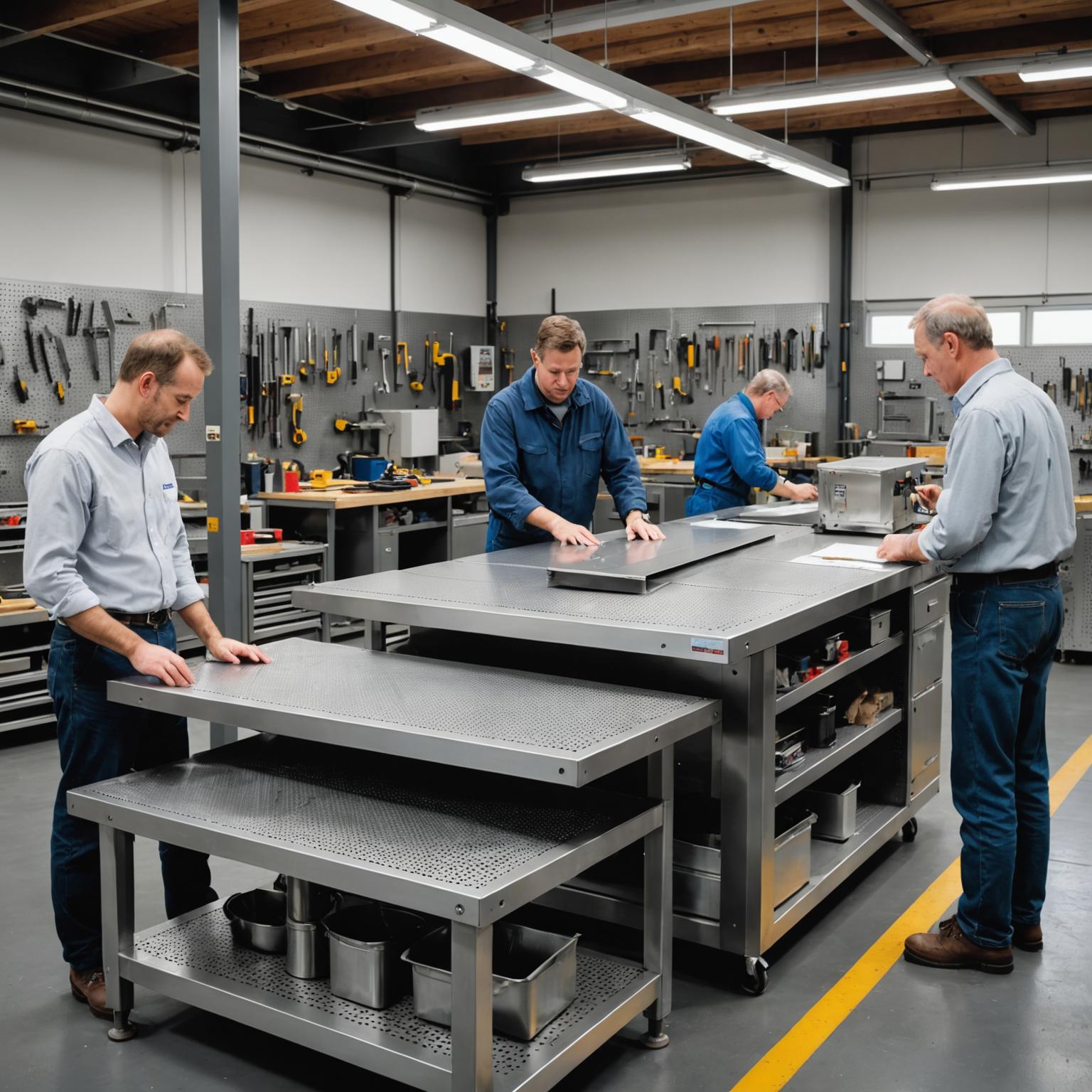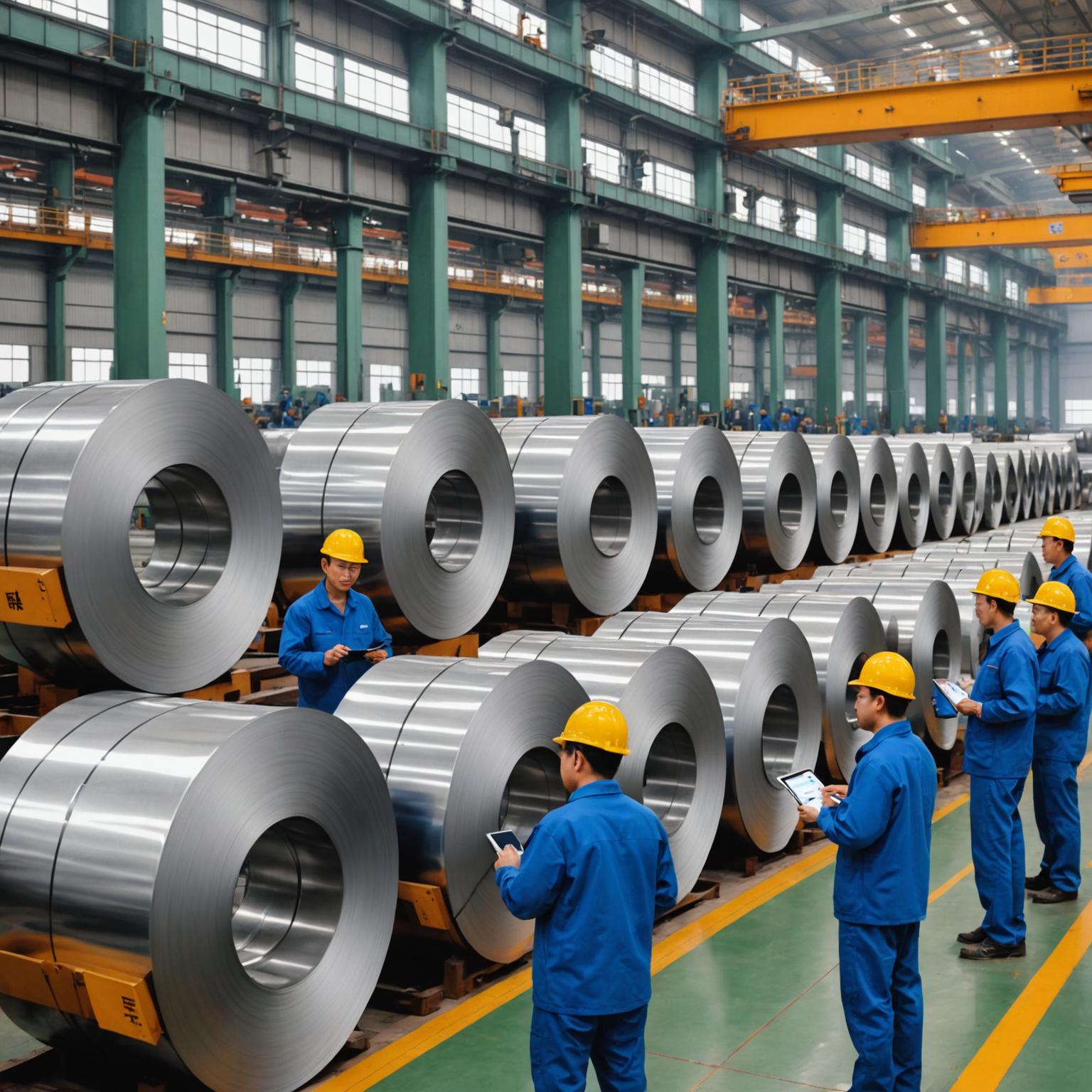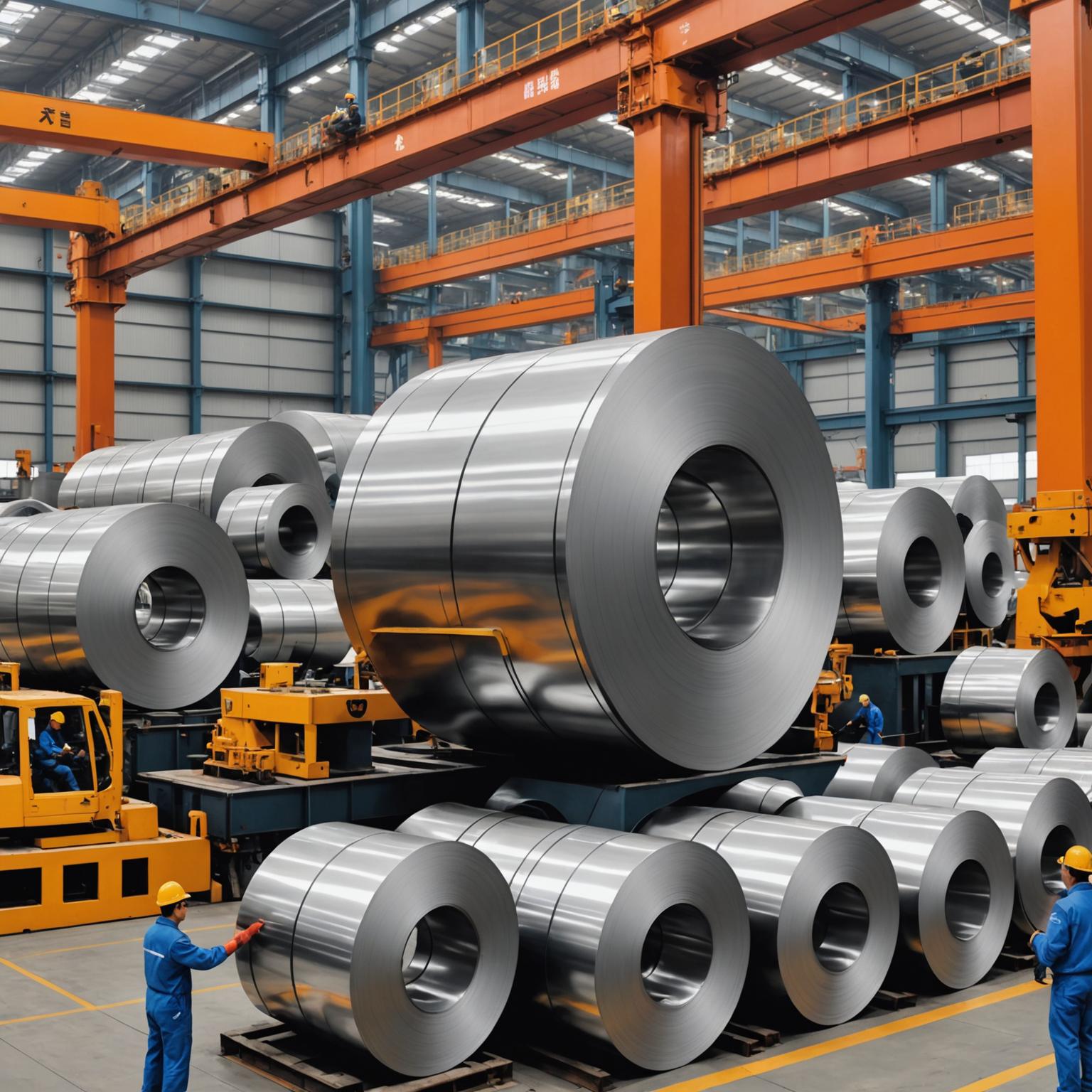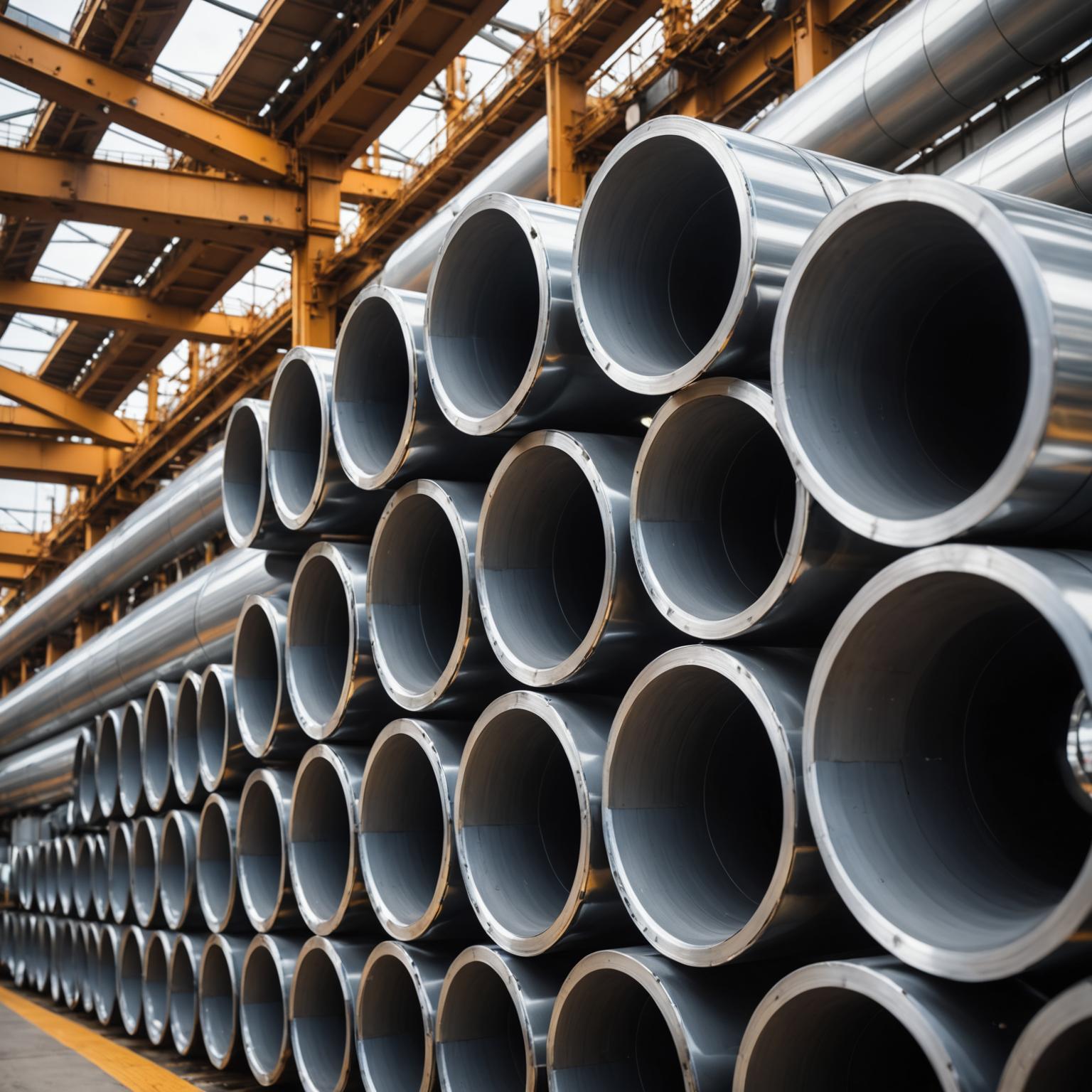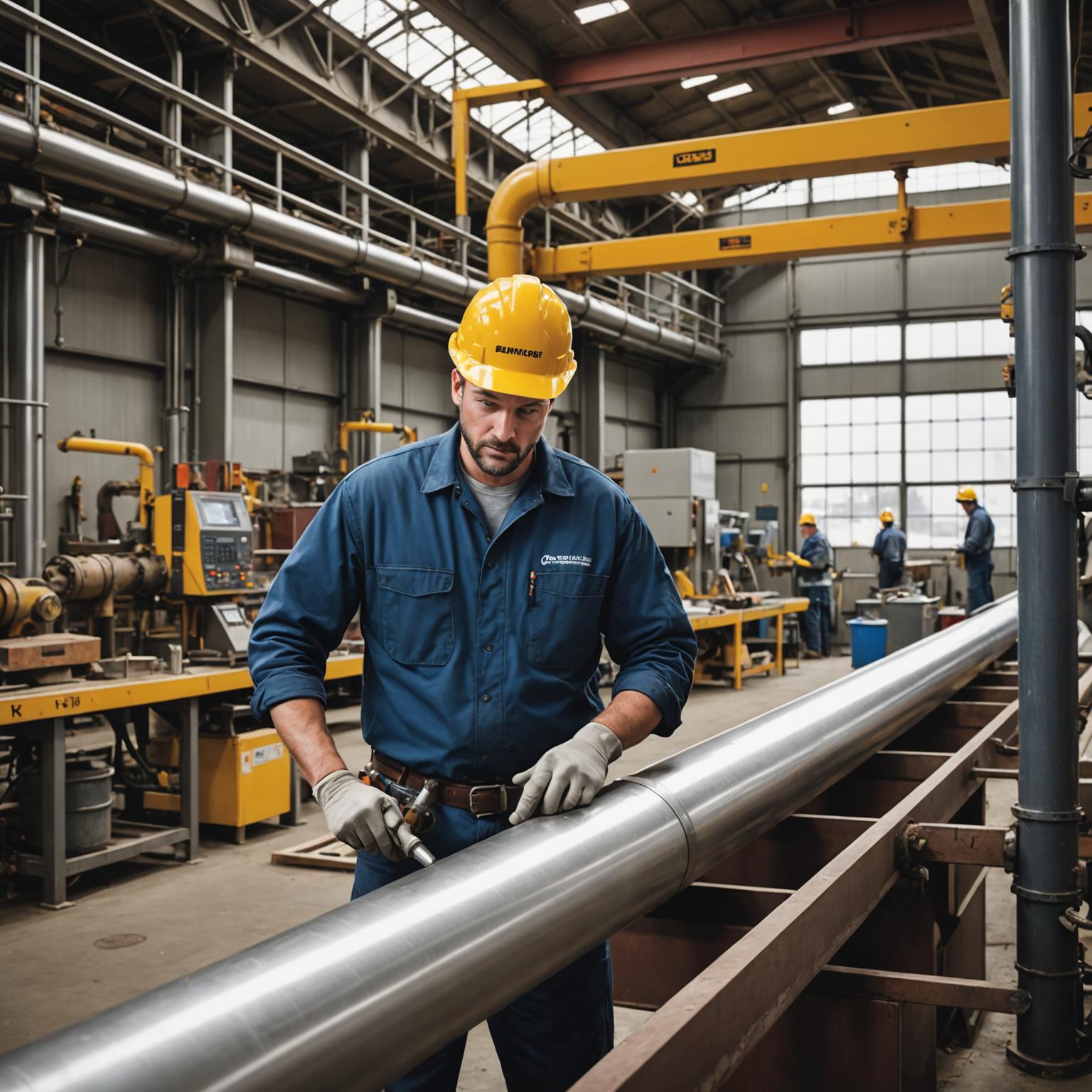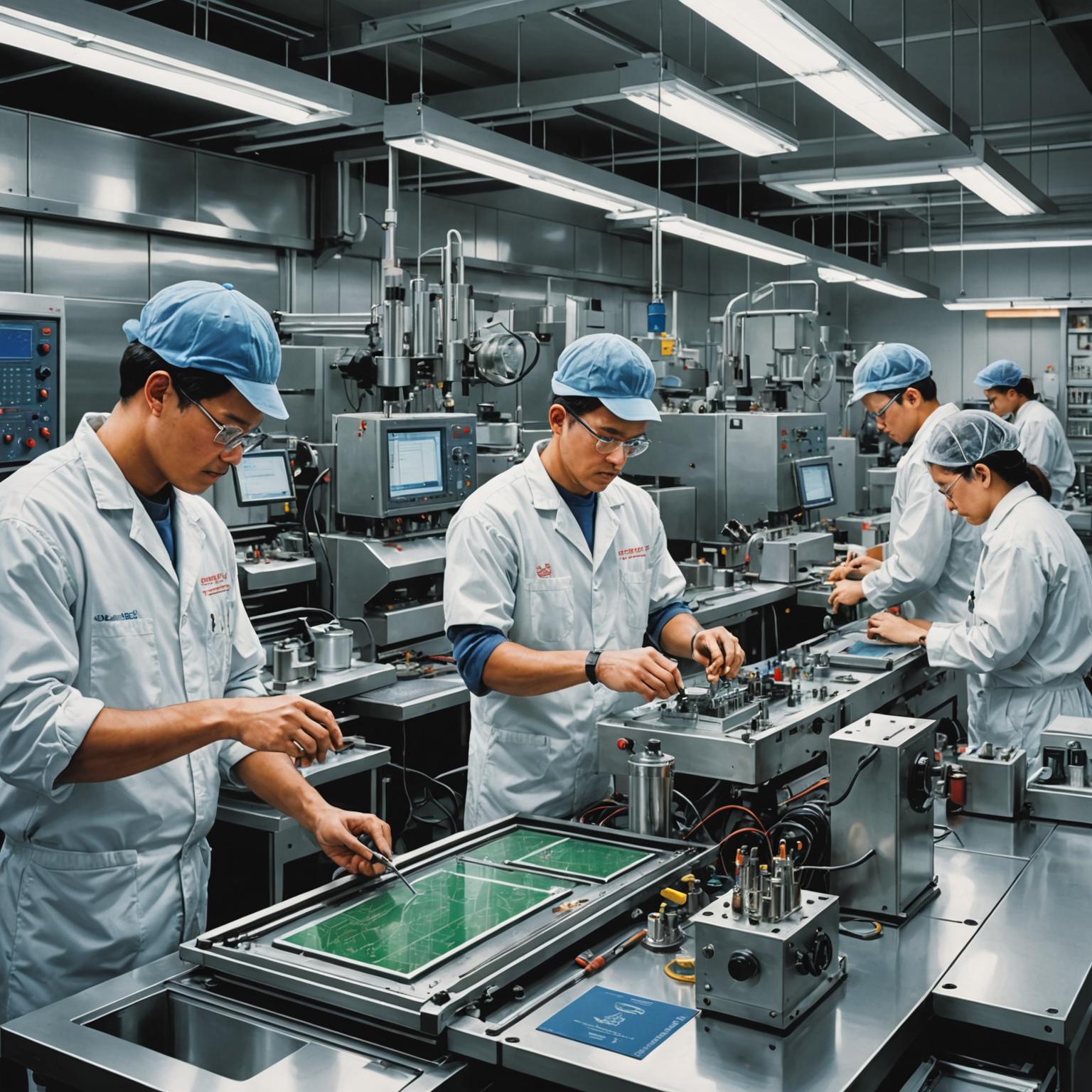When sourcing materials for critical industrial, construction, or manufacturing projects, the choice of metal can dictate the success, longevity, and safety of the final product. For applications exposed to moisture, chemicals, or harsh environmental conditions, finding a high-quality corrosion resistant stainless steel coil for sale is not just a preference—it's a necessity. This guide will walk you through the essential considerations for selecting the right stainless steel coils to ensure your projects are built with unmatched durability and performance, highlighting how premier suppliers like Span International are setting new standards in the industry.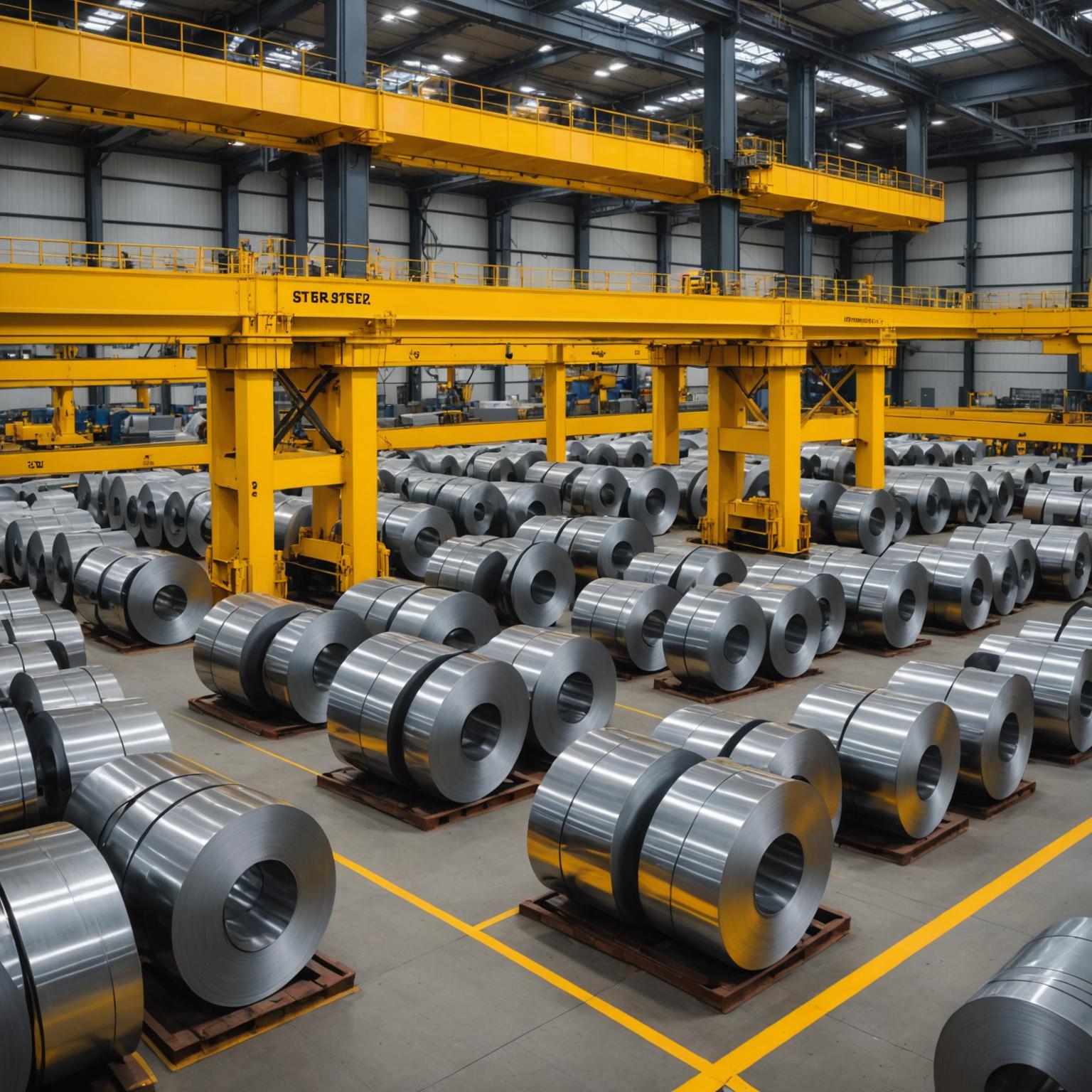
Understanding What Makes Stainless Steel Corrosion Resistant
Before you can choose the right coil, it’s crucial to understand why stainless steel resists rust and corrosion so effectively. The magic lies in its alloy composition, specifically the presence of chromium. When stainless steel is exposed to oxygen, the chromium on its surface forms a thin, invisible, and passive layer of chromium oxide. This protective layer is self-healing; if it gets scratched or damaged, it instantly reforms in the presence of oxygen, preventing oxidation and corrosion from penetrating the metal. Different grades of stainless steel contain varying amounts of chromium and other elements like nickel and molybdenum, which enhance this corrosion resistance for specific environments. For instance, Grade 316, with its added molybdenum, offers superior resistance to chlorides and is ideal for marine or chemical processing applications, whereas Grade 304 is a versatile and cost-effective choice for general-purpose use.
A Guide to Selecting the Perfect Stainless Steel Coil
Choosing the right coil involves more than just picking a grade. Several factors must be meticulously evaluated to match the material to your application's precise needs. First, consider the surface finish. A gleaming, mirror-like finish is not just for aesthetics; a smoother surface, achieved through advanced cold rolling technology, can offer enhanced corrosion resistance by minimizing microscopic pits where corrosive agents can accumulate. Second, dimensional accuracy is paramount. Premium coils are manufactured with uniform thickness and impeccable surface quality, which minimizes waste during fabrication and ensures consistent performance in the final product. Third, evaluate the mechanical properties, such as tensile strength, ductility, and hardness. These characteristics determine how the steel will behave during forming, stamping, or welding processes. Finally, consider the reliability of your supplier. A reputable provider ensures that every coil meets rigorous quality standards, from the alloy composition to the final packaging on sturdy pallets for seamless transport and integration into your workflow.
Key Industries and Applications
The versatility of corrosion resistant stainless steel makes it a cornerstone material across a vast range of sectors. In the automotive industry, these coils are transformed into everything from structural components and exhaust systems to decorative trim, where strength and a lasting finish are essential. The construction sector relies heavily on stainless steel for architectural cladding, structural supports, and roofing, especially for creating modern skyscrapers and durable infrastructure that can withstand the elements for decades. In the food and beverage industry, the hygienic and non-reactive properties of stainless steel make it the only choice for processing equipment, storage tanks, and countertops. Furthermore, its biocompatibility and ability to be sterilized make it indispensable for manufacturing medical and surgical instruments. These diverse applications underscore the importance of selecting a high-grade coil that delivers dependability and sophistication.
Proper Handling and Storage for Maximum Integrity
Even the highest quality corrosion resistant stainless steel can be compromised by improper handling. To maintain the integrity of your coils from factory to fabrication, certain best practices should be followed. It's crucial to prevent surface contamination from iron particles, dirt, or grease, which can disrupt the passive layer and initiate corrosion. Always use clean handling equipment, such as nylon slings or padded hooks, to avoid scratching the surface. Storage should be in a dry, controlled environment away from industrial pollutants. The meticulous handling seen in cutting-edge facilities, which use automated lifting mechanisms and precision-guided storage, serves as a benchmark. Ensuring coils remain on their sturdy transport pallets until they are ready for use also helps protect them from ground moisture and physical damage, preserving their immaculate finish and performance capabilities.
Partnering with a Premier Supplier: The Span International Advantage
Sourcing top-tier materials requires a partner dedicated to excellence and innovation. A supplier like Span International stands out by providing more than just raw material; they deliver precision-engineered solutions crafted in state-of-the-art facilities. By focusing on advanced manufacturing processes that ensure uniform thickness, immaculate surfaces, and superior strength, they provide coils that are ready for the most demanding applications. Their commitment to quality is evident in every gleaming roll, which is expertly inspected and wrapped in a protective finish to guarantee longevity. Choosing a supplier that prioritizes technological advancement, rigorous quality control, and seamless logistics ensures that you can elevate your production capabilities and build products where industrial strength meets modern elegance.



